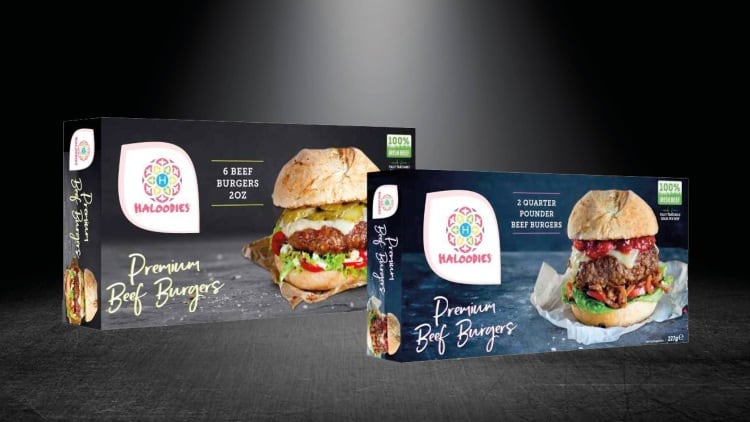In its latest Feed4Thought survey, Cargill found that consumers were still invested in traditional meat, but also revealed that four-fifths of participants expressed an interest in plant-based or alternative sources of protein.
“We’re pleased consumers see animal protein as an important part of a healthy diet,” said Chuck Warta, president of Cargill’s premix and nutrition business. “Dietary guidance consistently emphasises the benefits of adequate protein intake from a variety of sources. Our aim is to help our livestock, poultry and aquaculture customers meet the growing global demand for protein in the most healthy, productive and sustainable way possible.”
Sustainability
The survey also found that 93% of respondents across the US, Brazil, the Netherlands and Vietnam said they cared about our ability to feed the world sustainably, with 84% believing that it impacted what they buy.
Animal protein made the cut, according to most consumers, with 80% of survey participants saying it could be part of an environmentally responsible regimen and 93% saying it could play an important role in a healthy diet.
When asked who bore most responsibility for ensuring food production was sustainable, almost a third of participants selected food and feed manufacturers as their top choice. Governments came in second (25%) and then consumers (20%).
Cargill recently partnered with food charity Heifer International to launch Hatching Hope, an initiative aimed at improving the nutrition and livelihoods of 100 million people by 2030, by training and opening markets for subsistence poultry farmers and providing nutrition education for their communities.
Respondents globally were fairly evenly split between wanting livestock, poultry and fish farmers to focus on reducing antibiotics, using feed with sustainable ingredients, reducing pollutants and ‘doing more with less’.
“One of the least-told, but most significant stories in agriculture today is the incredible progress we are making in helping farmers do more with less,” said Warta. “All of us in agriculture want to raise our productivity and efficiency – not just so we can operate our businesses more profitably, but so we can steward resources for the next generation, who will take over some day.”




